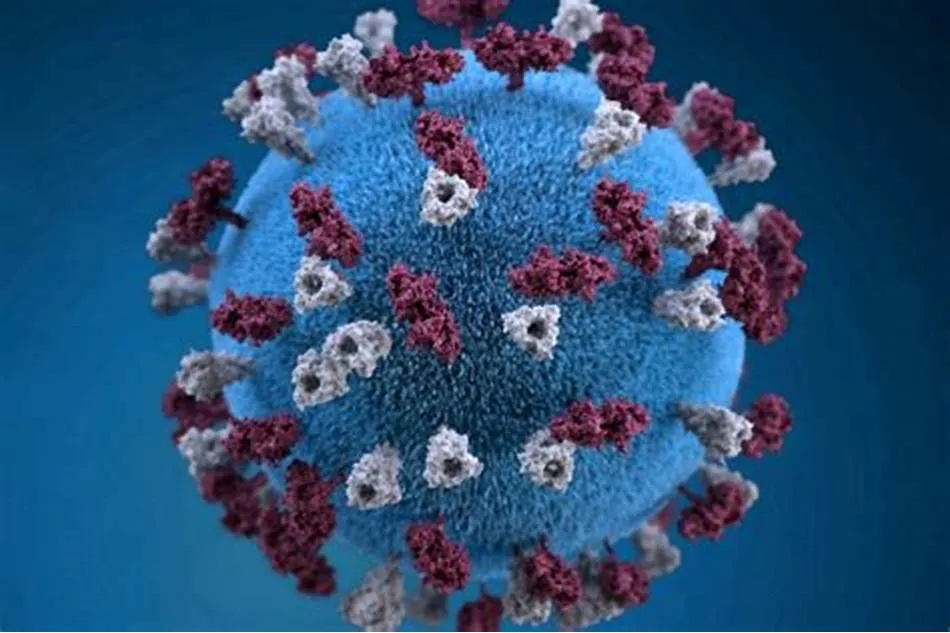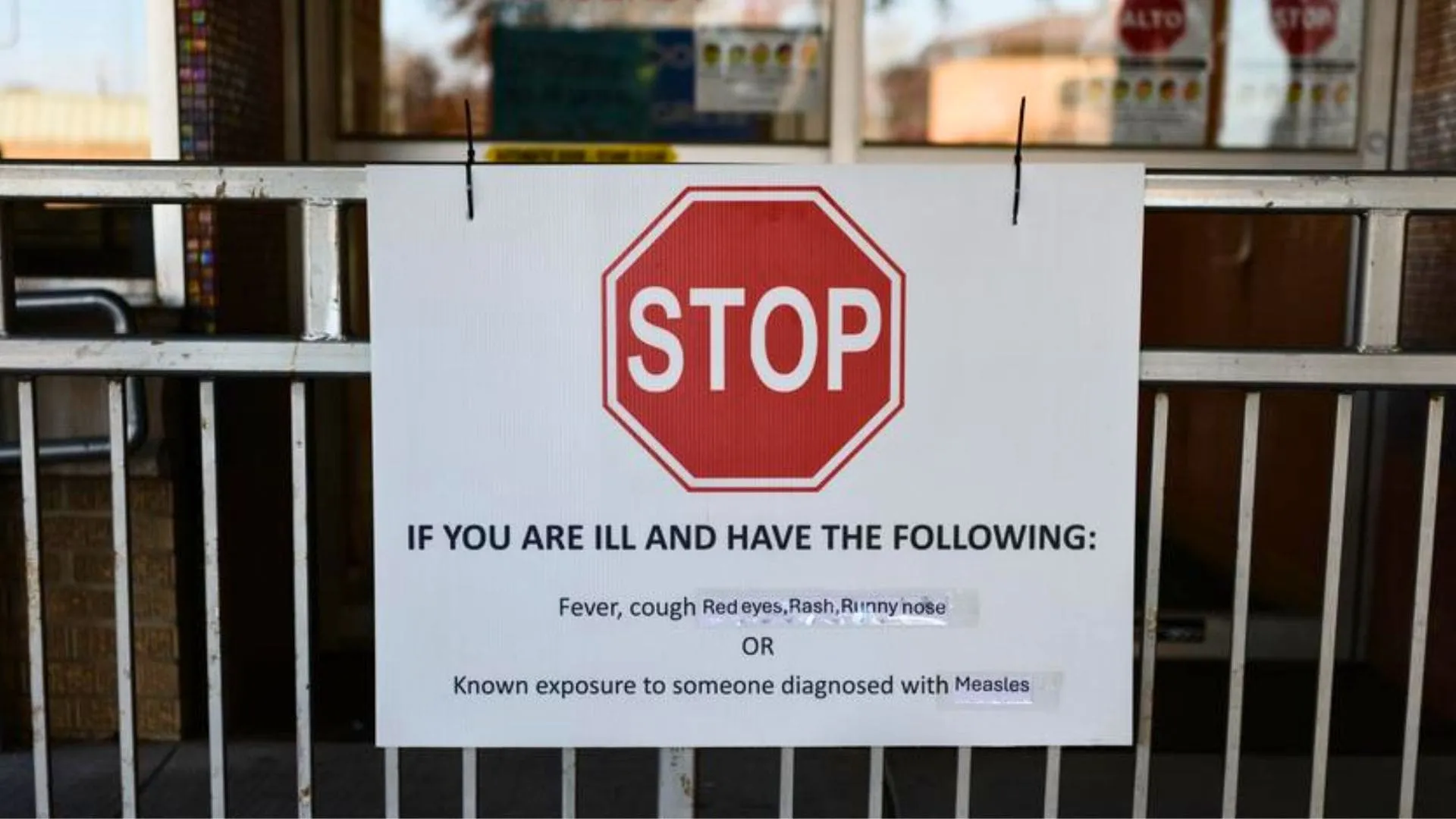The recent measles outbreak in Texas, which has surged to 90 confirmed cases, marks a historic rise not seen in the state in 30 years. This epidemic has emerged in the South Plains region of Texas, particularly in Gaines County, where a significant proportion of the population had opted out of routine immunizations. The outbreak highlights the ongoing challenge posed by vaccine hesitancy, which has led to preventable illnesses re-emerging in communities where measles had previously been under control.
The Texas Measles Outbreak: A Growing Public Health Crisis
The outbreak, first identified in late January 2025, has now grown to 90 cases, with the majority affecting children and teenagers. Specifically, minors aged 5 to 17 years account for 51 of the cases, while children under the age of four comprise 26 of the cases. At least 16 of these individuals have required hospitalization due to complications from the disease, underscoring the severity of the outbreak.
Measles, a highly contagious viral disease, was virtually eliminated in the U.S. through widespread vaccination programs. However, the current outbreak in Texas, particularly in rural Gaines County, has shown the vulnerabilities that remain when vaccine coverage is low. Approximately 18% of students in Gaines County opted out of vaccinations for the 2023-2024 school year, making it one of the highest immunization exemption rates in the state.
The area’s Mennonite population, which includes many families who refuse vaccines based on religious beliefs, has been particularly affected. In Gaines County, the refusal to vaccinate is not due to a lack of education, but rather a deeply held belief within the community. Local healthcare professionals, such as Tonya Guffey, the chief nursing officer at Seminole Hospital District, have emphasized the importance of education and encouragement in advocating for vaccinations, though they respect the community’s right to make their own choices. This refusal has contributed to the outbreak’s severity, particularly given the nature of measles’ transmission.
The highly contagious nature of measles means that additional cases are expected in the coming weeks. The disease spreads easily through respiratory droplets and can be contracted even by individuals who are in the same room as an infected person. Experts have raised concerns that the outbreak could expand beyond Texas into neighboring areas such as Lea County, New Mexico, where nine measles cases have already been reported.
The Rising Threat of Vaccine Hesitancy
The Texas measles outbreak is a reminder of the dangers posed by vaccine hesitancy, a phenomenon that has been on the rise in recent years, fueled in part by misinformation and conspiracy theories. The skepticism surrounding vaccines has been particularly prevalent in rural areas and among certain religious groups, who argue against immunizations for various reasons, including religious freedom, personal choice, and unfounded fears of vaccine side effects.
Gaines County’s high exemption rate is a telling example of the impact that vaccine refusal can have on public health. When a significant proportion of a community is not vaccinated, herd immunity—the protection provided when a large percentage of the population is immune to a disease—breaks down. This leaves vulnerable individuals, such as those who cannot be vaccinated due to medical reasons, at greater risk of contracting preventable diseases.
Despite the widespread availability of safe and effective vaccines, many communities have seen a decline in vaccination rates in recent years. The Centers for Disease Control and Prevention (CDC) tracks vaccination coverage across the United States, and the data consistently shows that vaccination rates have not returned to pre-pandemic levels. This drop in vaccination coverage has contributed to an increase in vaccine-preventable diseases, including measles.
In 2024, the U.S. reported 285 measles cases, the highest number since 2019. In that year, nearly 1,300 cases of measles were reported nationwide, with children under the age of five accounting for 42% of the cases. The resurgence of measles and other vaccine-preventable diseases in the U.S. underscores the importance of maintaining high vaccination rates across all demographics.
The Role of the Anti-Vaccine Movement
The Texas measles outbreak also coincides with the broader political climate surrounding vaccines. The recent confirmation of Robert F. Kennedy Jr., an outspoken anti-vaccine advocate, as the U.S. Secretary of Health has raised concerns about the future of vaccination programs in the country. Kennedy, who has long promoted conspiracy theories about vaccines, has previously called for an end to certain vaccination campaigns and has questioned the safety and efficacy of vaccines.
Kennedy’s appointment to the top health position in the U.S. government has amplified fears that vaccine skepticism could further infiltrate the nation’s public health system. The CDC, which plays a critical role in promoting vaccination and disease prevention, has been under scrutiny by vaccine critics for its role in vaccine safety campaigns. In recent months, the CDC has postponed a scheduled meeting of its vaccine safety panel, which would have examined concerns about vaccine side effects and safety.
The rise of vaccine skepticism and the growing influence of anti-vaccine figures like Kennedy pose significant challenges for public health in the U.S. These movements have gained traction on social media, where misinformation about vaccines spreads rapidly. This has made it increasingly difficult for public health officials to counter the false narratives that fuel vaccine hesitancy.
The Importance of Vaccination in Preventing Measles
Measles is a preventable disease, and the key to eliminating outbreaks like the one in Texas is widespread vaccination. The measles, mumps, and rubella (MMR) vaccine is highly effective at preventing the disease, with two doses of the vaccine offering long-term protection. The vaccine is safe, and its benefits far outweigh the risks, which are minimal.
The MMR vaccine has been used for decades and has been responsible for the dramatic decline in measles cases worldwide. In the U.S., routine childhood vaccinations have all but eliminated measles, but outbreaks continue to occur in pockets of unvaccinated communities. The Texas measles outbreak is a stark reminder that vaccine-preventable diseases can still have devastating consequences when vaccination rates drop.
Addressing Vaccine Hesitancy: Education and Advocacy
The key to addressing vaccine hesitancy and preventing future outbreaks is education. Public health campaigns need to focus on providing accurate information about the safety and effectiveness of vaccines, while also addressing the concerns and misconceptions that drive vaccine refusal. This requires a multi-faceted approach that includes working with healthcare providers, community leaders, and educators to promote the importance of vaccination.
In areas like Gaines County, where vaccine hesitancy is high, local healthcare workers are often the most trusted voices in advocating for vaccination. Building relationships with community members and providing clear, factual information about the benefits of vaccines is crucial in overcoming the barriers to immunization.
Additionally, public health officials must work to ensure that vaccines are accessible to all populations, particularly those in rural and underserved areas. This includes offering vaccines at schools, community centers, and local clinics, and making sure that individuals can access vaccines regardless of their socioeconomic status.
The measles outbreak in Texas serves as a wake-up call for the nation, reminding us of the importance of maintaining high vaccination rates to protect public health. Vaccine hesitancy continues to be a significant challenge, but it is one that can be overcome through education, advocacy, and community engagement. By promoting accurate information and addressing the concerns of vaccine skeptics, we can work to prevent future outbreaks and protect vulnerable populations from preventable diseases. The current outbreak in Texas underscores the need for renewed efforts to combat misinformation and ensure that vaccines remain a cornerstone of public health policy.























